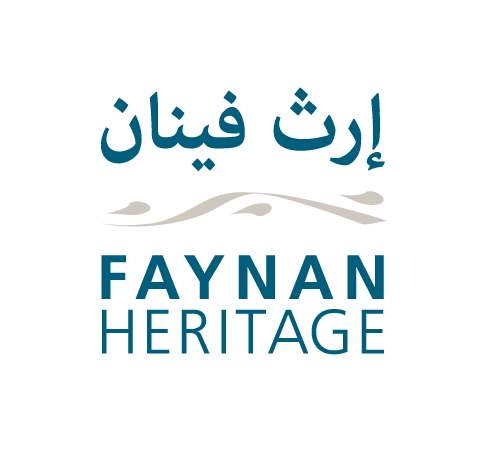An Intermission
An Intermission video
After the first hunting session of the day, around 10AM when it gets too hot for birds and people, we go back to the camp to eat and have a break. Most of the time the younger Bedouin prepare the food and serve it to the rest of the team. Dishes are mostly rice-based with tomatoes and onions, and chicken or eggs for protein. Hummus and bread are always served aongside each meal. After eating and the second prayer of the day both trap making and social activities commence. This time of the day is also dedicated to resting, cleaning the tent, or fetching water. Members of each hunting camp periodically travel between the main village of al-Jarf and al-Arfa to fill water tanks and refresh food supplies. As the drive is more than three hours roundtrip, Abu Yazin sometimes employs the help of friends who live nearby. While there, we traveled with him to a permanent camp about 30 minutes away owned by his close friend to refill two large water tanks. Sagar, a common name that means Falcon in Arabic, owns a water cistern and cares for a herd of camel with the help of his family.
When they are not talking about birds or making traps, they also like to play seij, a local game that involves two players, one playing with stones and the other with camel dung. A temporary Alquerque pattern playing board is imprinted in the sand by one of the players. The Arabic Alquerque is the forefather of checkers and encourages much animation between the players from complaining about someone’s strategy, trying to cheat, to arguing about the rules.
